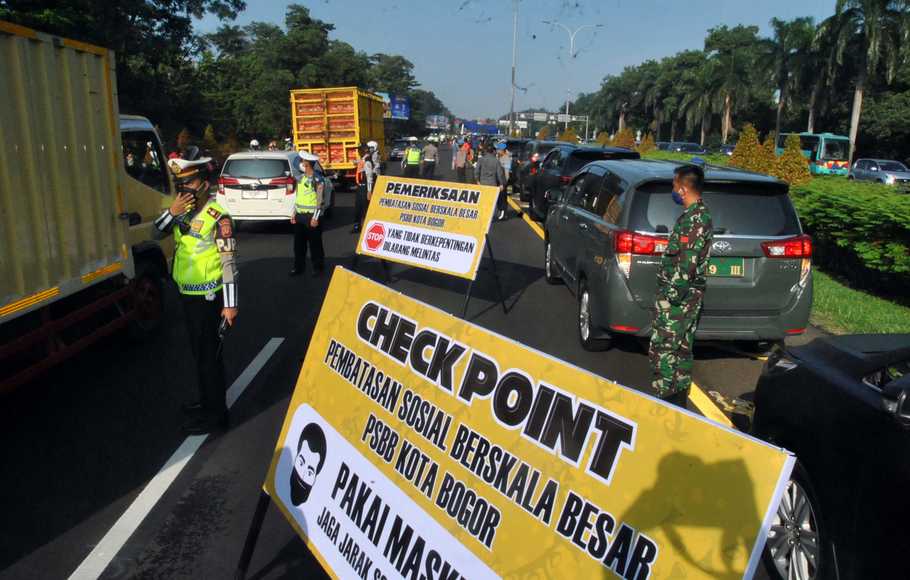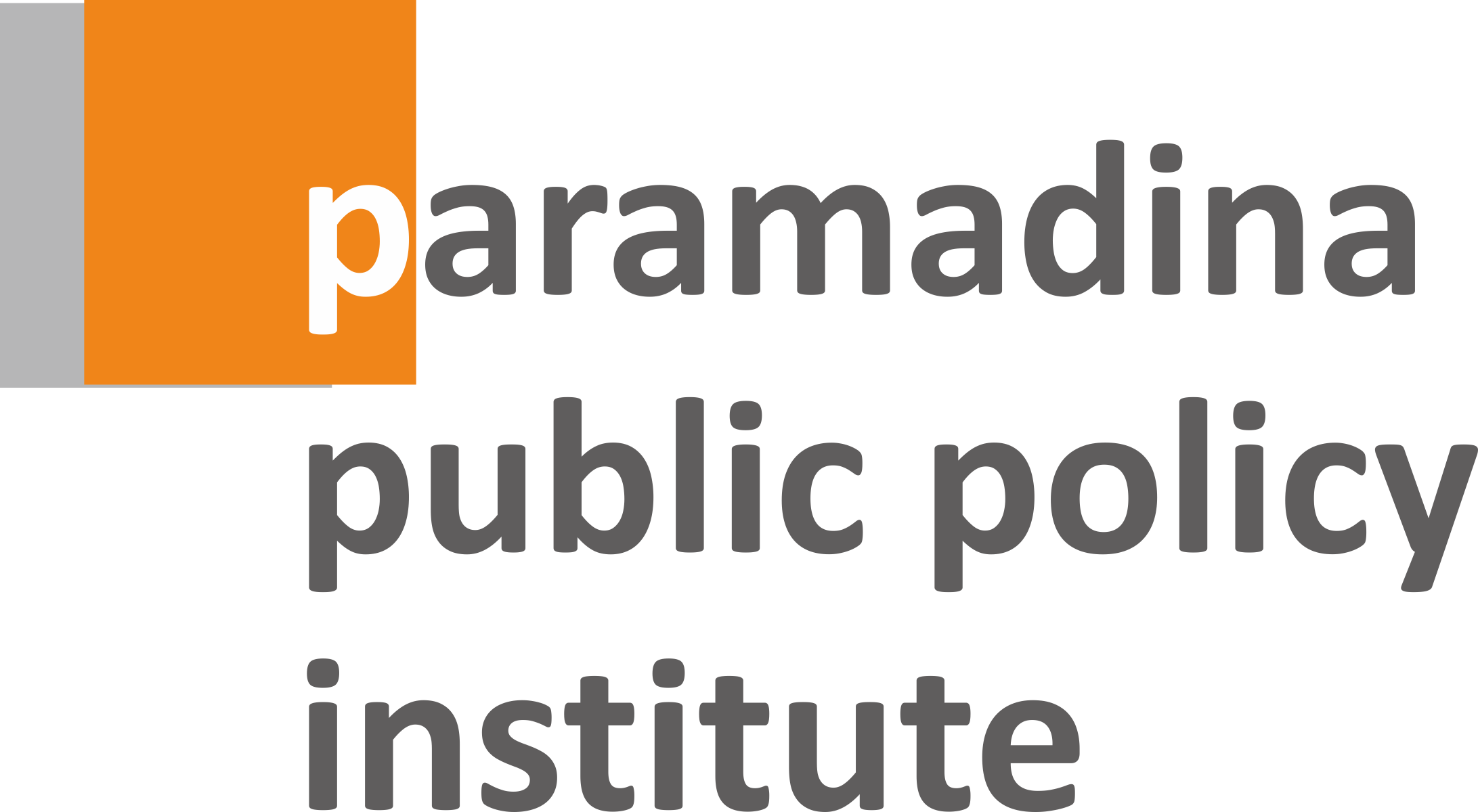
Muhamad Rosyid Jazuli, Muhammad Fajar Anandi, and Septa Dinata
April 21, 2020
On the cusp of what could be a massive coronavirus super-spreader event, President Jokowi must step up enforcement, enlist support from community leaders and support workers who stay put, say three observers.
JAKARTA: Although relatively late compared to other Southeast Asian nations, Indonesia has finally taken serious measures against COVID-19 over the last week.
More tests have been undertaken. Coordination across local governments to stem the spread has started. The movement of people has been greatly reduced.
But one thing threatens to rip apart this newfound momentum for action against the COVID-19 outbreak: The tradition of millions of Indonesian workers who make the journey from cities they work in to their hometowns in villages and other provinces across the archipelago during Ramadan or just before Hari Raya called “mudik”.
MUDIK COULD TURBO-CHARGE COVID-19 SPREAD IN INDONESIA
Mudik, the homecoming tradition practised by Indonesian Muslims, is a longstanding, time-honoured practice.
Roads are extremely busy during the season as millions of people leave big cities like Jakarta and Surabaya for home.
The practice offers protected time for Indonesians who work in major urban centres to head back each year where they spend weeks engaged in fellowship with family and loved ones. They visit parents, old friends and the graves of close family members.
This year’s homecoming, however, has gained attention for a different set of reasons. The festivities inexorably clash with freshly imposed restrictions on movement amid a deadly COVID-19 outbreak.
Large groups of people congregating to eat, visit each other and spend long swaths of time together fundamentally contravenes social distancing rules, a critical key to containing the pandemic that has expert consensus the world around.
The risk of spreading COVID-19 to remote places where healthcare systems are lacking should not be underestimated.
HALF-HEARTED EFFORTS
Pre-empting this disaster, the Indonesian government recently passed a regulation of a partial lockdown called Pembatasan Sosial Berskala Besar or PSBB.
Social distancing rules have been slapped. Most workplaces and schools have been shuttered until Apr 23 and the gathering of more than five people has been prohibited, in addition to the suspension of travel since March.
As of this week, 18 local authorities have embraced these new curbs, including Jakarta, Sumatra Barat, Kota Bogor, Kabupaten Bogor, Kota Depok, Kota Bekasi, Kabupaten Bekasi, Kota Tangerang, Kabupaten Tangerang, Kota Tangerang Selatan, Kota Pekanbaru, Kota Makassar, Kota Bandung, Kota Cimahi, and Kabupaten Bandung.
The partial lockdown policy is expected to be implemented in more areas. But what those measures really translate into has been left to the whims and fancies of local authorities.
Much of this hesitation to impose stricter measures on movements with enforcement to back those up stems from the Indonesian government’s concerns about hurting the economy and the professed incompatibility with the population’s culture. It has consequently largely relied on leaders urging people to stay put.
Civil servants, for instance, have been discouraged from heading home but no penalties have been imposed should they do so.
THE POLITICAL HOT POTATO OF BANNING MUDIK
Indonesia has seen 6,575 infections and 582 deaths as of Monday (Apr 20). These figures suggest the threat of a massive outbreak remains low for the 268 million-strong country but could also betray low numbers of testing.
Going against the grain of mudik presents an incredibly tricky challenge for the Indonesian government but must be tackled.
It is easy to see why many Indonesians have huge reservations about being asked to refrain from traveling home and why President Joko Widodo is also not inclined to expend precious political capital to impose such restrictions.
First, this homecoming has long been a widely practised routine for most of Indonesian society, by both public sector and private sector workers, and the wealthy and poor.
In some instances, even non-Muslims also engage in mudik during this season to return home, given how much of the country’s business shuts down.
Second, mudik also fulfills practical purposes as it allows workers to pass on earned income to family members each year.
Returnees typically share a generous amount of the fortune they made in the big cities with close relatives. Without this journey, unbanked families in far flung provinces have few alternatives of receiving needed cash from loved ones.
Third, mudik has been seen as a historical tradition, even an obligation, which few would dare to entertain the thought of halting.
President Jokowi knows taking a firm stance to ban this travel could fuel confrontation with authorities, especially when the narrative that such curbs disenfranchise poorer communities has gained a foothold.
WHAT A BETTER RESPONSE COULD LOOK LIKE
Indonesia might lose the battle against COVID-19 if existing measures are loosened to allow the massive exodus but a series of steps could take the sting of such a move.
A public education effort could help inform the public of the heightened risks of the spread of COVID-19 with such travel. Messages could also be reframed as a step to keep loved ones safe and preserve longstanding traditions for when the economy can reopen for business and Indonesian society can find a level of normalcy.
A campaign to link mudik to the potentially grave health repercussions involving religious and community leaders could help smooth over concerns about the erosion of longstanding religious and traditional values.
Here is also where local authorities and family members back home must be enlisted in dissuading loved ones from returning and amplifying the central government’s message. Indonesians generally look up to both figures of authority and close family members for advice.
Involving influential religious organisations such as Nahdlatul Ulama and Muhammadiyah can help support the Indonesian government’s messaging, and prove a more effective strategy compared to social and mainstream media campaigns that simply tell people to stay home.
More importantly, political leaders must close ranks and support the Indonesian government’s effort to urge people to stay put, regardless of which parties they come from. Jakarta governor Anies Baswedan, Surabaya Major Risma Harini and Central Java governor Ganjar Pranowo already have.
The other challenge is while President Jokowi has resorted to moral suasion in attempting to convince Indonesians to skip the annual travel, the practical reality is that many workers have lost their jobs and may think it a more prudent move to return to their hometowns to earn some income.
A broadbased government programme that helps all workers tide over this period with cash transfers on top of the announced handouts to low-income workers and those who have lost jobs, and rations in food and other essentials could arrest this tide.
For workers in essential services like healthcare, food preparation and more, asked to continue working in their cities of residence, the government should also consider providing replacement days-off for when the pandemic is over to encourage them to stay.
Subsidies for Internet access to allow people to connect with their loved ones virtually will also be appreciated.
Halting this year’s mudik is critical in curbing the pandemic in Southeast Asia’s most populous country.
With careful consideration and targetted communications, Indonesia can succeed in this unpopular but crucial undertaking. (*)
Muhamad Rosyid Jazuli is a researcher at Paramadina Public Policy Institute. Muhammad Fajar Anandi is a research fellow at Paramadina Public Policy Institute. Septa Dinata is a researcher at Paramadina Public Policy Institute.
This commentary piece first appeared on Channel News Asia
